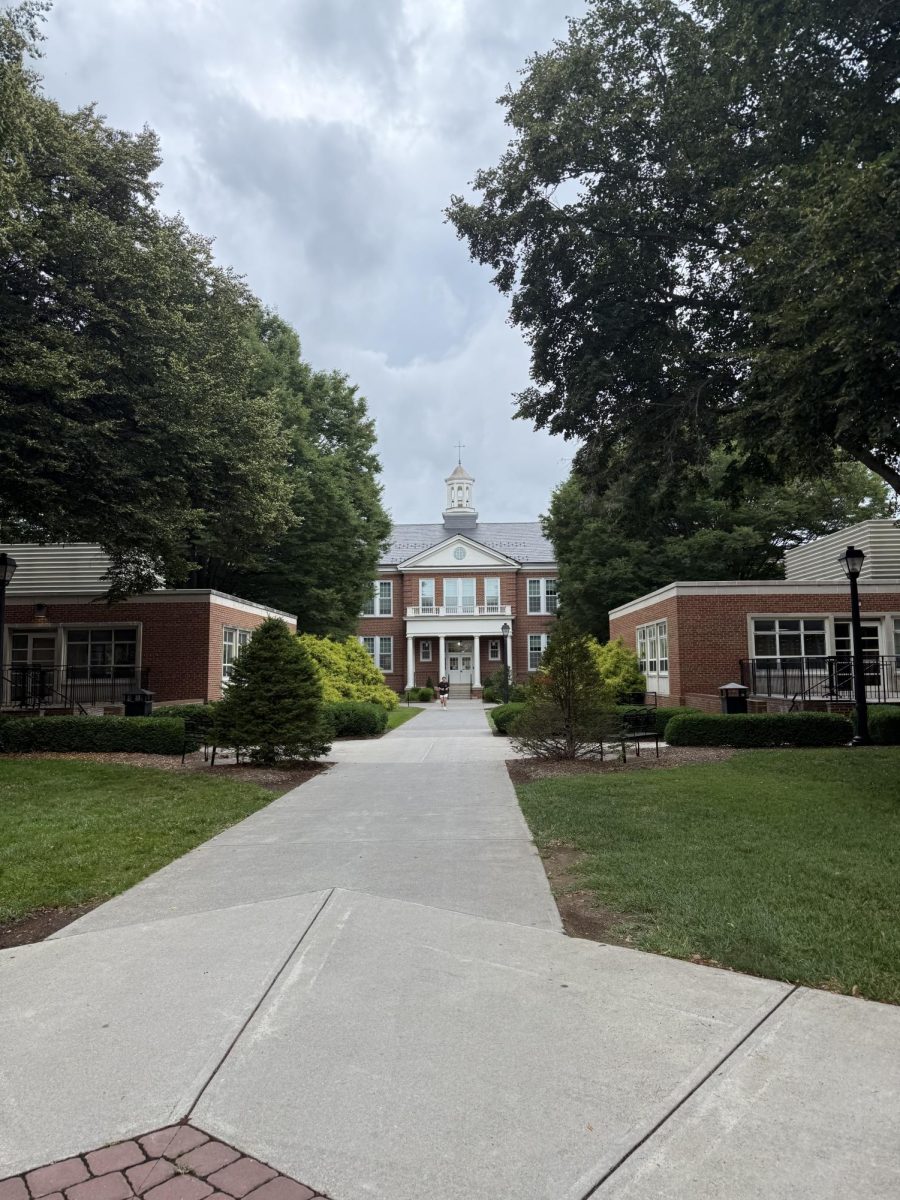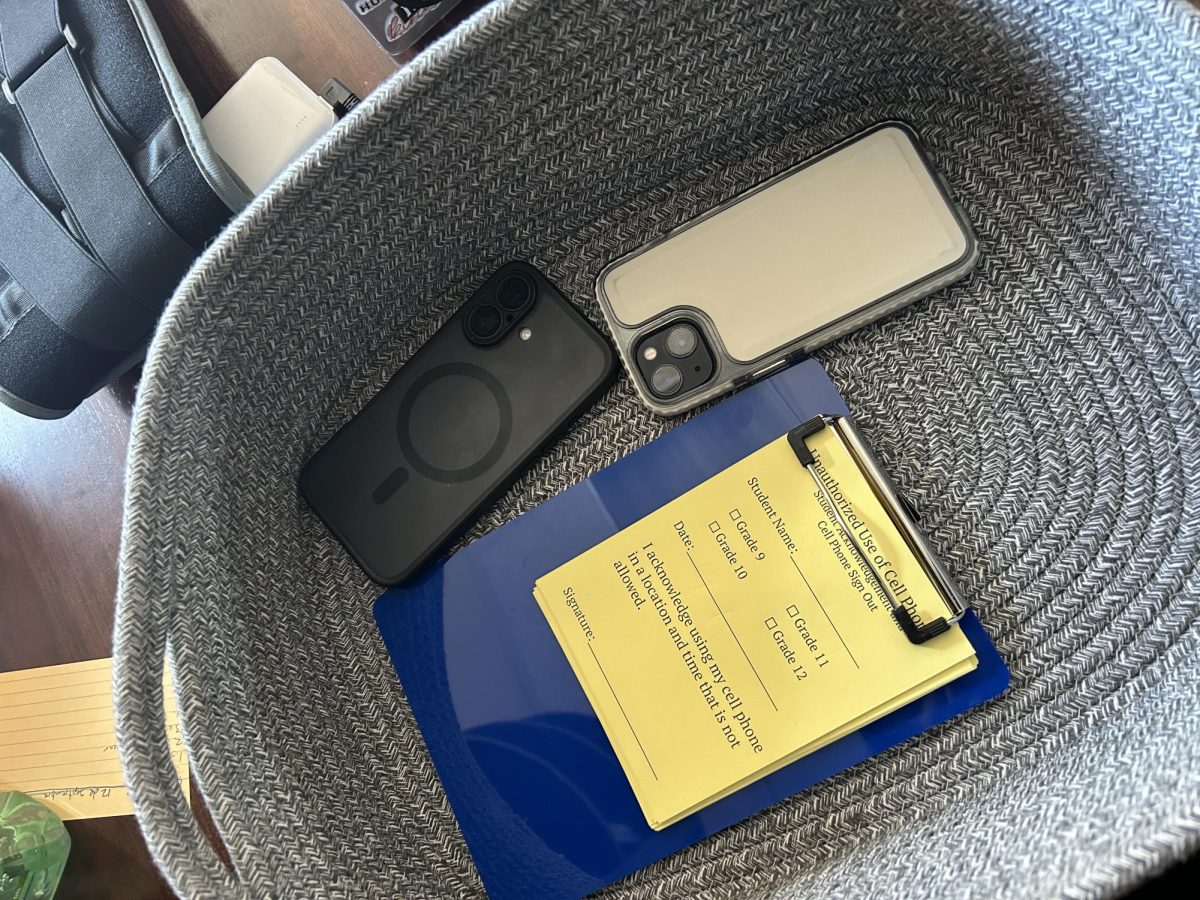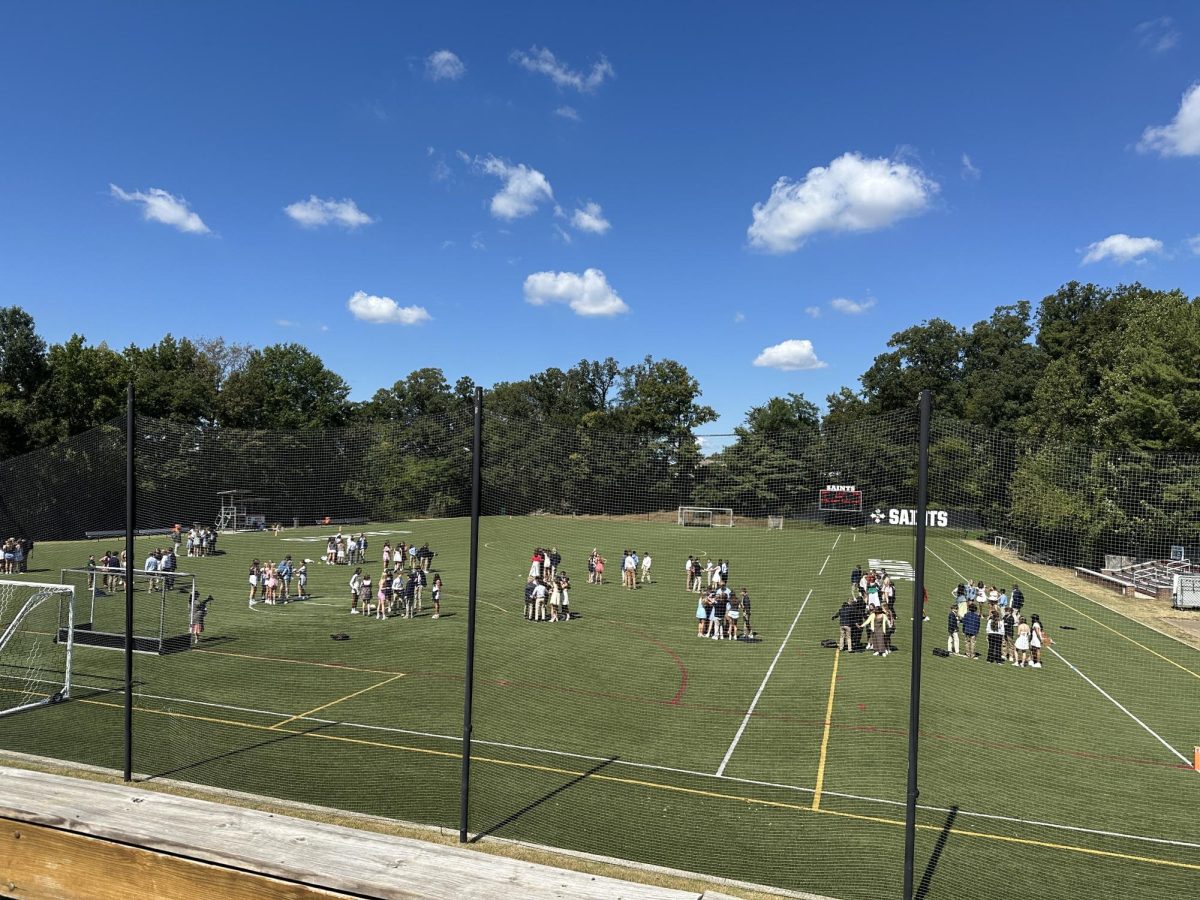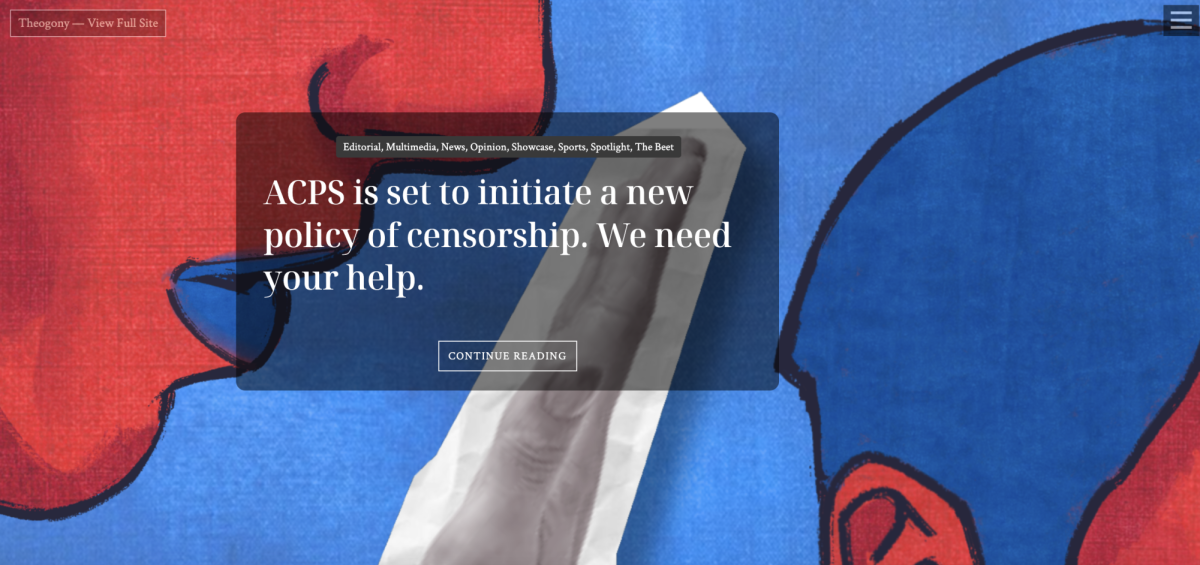Toxic masculinity is defined as “a set of attitudes and ways of behaving stereotypically associated with or expected of men, regarded as having a negative impact on men and on society as a whole.” Our school community, along with many others, has had to face and combat the reality of toxic masculinity, which is constructed through societal norms and pressures. Speakers and administrators recently brought the issue to light, and students have shared their struggles with this societal issue.
On October 10th, Alex Prout, Chessy Prout’s father and sexual assault activist, talked to our student body about both his story and toxic masculinity in school communities. He shared his daughter’s sexual assault story, and how it challenged his ideas of what it means to be a man. The whole audience was silent and intrigued with what Prout was saying, in contrast to other assemblies where the CPAC is usually filled with side chatter and whispering.
In an effort to understand how the issue of toxic masculinity appears in the SSSAS community, a Google form was sent out to the student body. Forty-six students responded to the form. Seventy-five percent of the respondents said that they liked or loved the Alex Prout talk. 47.8% of people said that we might have a toxic masculinity problem at our school, 23.9% of people said that we do have a toxic masculinity problem at SSSAS, and 28.3% of people said that we don’t.
A freshman girl stated “I feel like I have seen toxic masculinity in a couple of ways in our school community, such as boys putting other boys down for expressing emotions, as well as certain boys seeming like they are better than others due to their economic and athletic status.”
A common comment from students who didn’t love the talk was that they wished he touched on the sexual assault that men can also experience, and that it’s not always the case that the man is the problem and the woman is the victim, even though that, unfortunately, happens as well. Other students said that they really liked his talk, his message, and his vulnerability. Some said that there were students that weren’t taking it seriously, but others said it was taken well and with the respect it deserved. Many students appreciated the interactiveness of it, and the way he didn’t blame anyone, but rather blamed society for the norms around masculinity.
When asked where toxic masculinity appears in the SSSAS community, common responses consisted of “the locker room,” “ the jokes made,” “in peer pressure” and from “upperclassmen”.
Ms. McGuire, the Dean of Students was the one who brought Prout to the school after reading his daughter’s book, I Have The Right To. She shared that one of the main reasons she brought Mr. Prout to talk at our school was the gendered talks at Shrine Mont, and how over the years those have revealed the gender disparities within our community. She stated “I think there’s a gender gap in the community, and the primary way that I see and discover that is, by listening to girls.” She also shared that “there’s girls that definitely feel like they can’t go into the senior lounge because they’re not comfortable.” Additionally she discussed how it is not boys fault, but rather the fault of societal pressures, and states “I certainly would like boys to be able to talk more about how they feel and the pressures on them, because there’s a great deal of pressure on boys.” She says that “if I could wave a magic wand, what I would really hope for girls everywhere is that girls would feel as empowered as boys in every moment.”
As Ms. McGuire said “I just want to have more avenues open for both boys and girls to be able to be who they really are.”




























